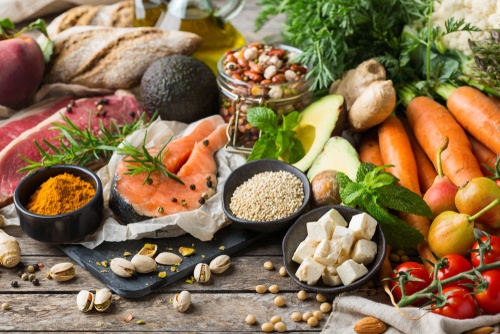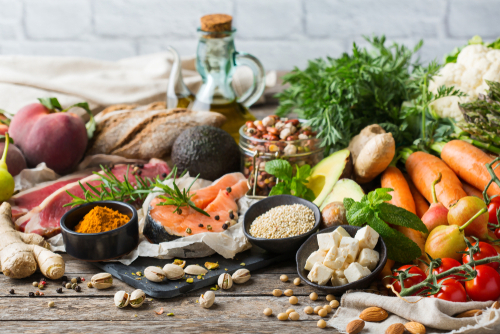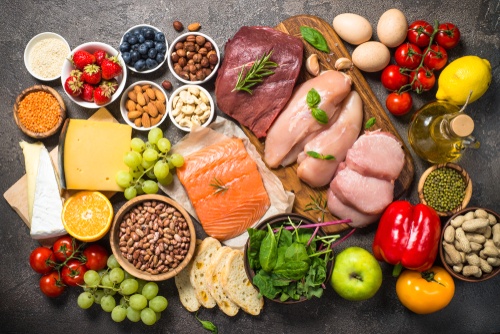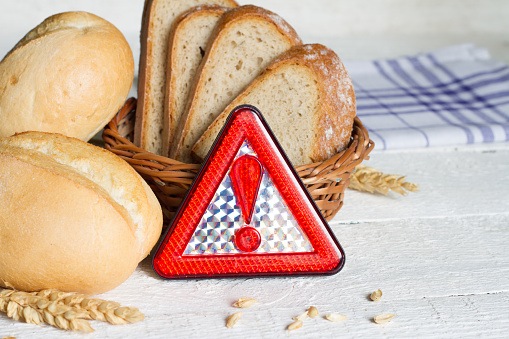
Inflammation is the body’s response to foreign objects that may cause it harm. On the outside, inflammation often manifests through redness and swelling, but inflammation can happen inside the body, too. In some cases, your diet can contribute to inflammation. You can also try an effective supplement like this Artemisinin Extract which is made with natural ingredients supports healthy response against inflammation, swelling, and pain throughout the body.
Here are some foods that could lead to or worsen inflammation.
Sugar And Its Relatives
Sugar can cause inflammation by releasing cytokines, or inflammatory messengers, into the body. The Arthritis Foundation recommends against the intake of processed sugars. Sugar goes by many other names, including fructose, galactose, glucose, sucrose, lactose, maltose, and others
Some foods—like fruit—have naturally occurring sugar. Certain nutrition labels may distinguish between naturally occurring sugar and added sugar, so read nutrition labels carefully.
Trans Fats
Trans fat (also known as trans-unsaturated fat) is considered the ‘worst’ type of dietary fat. The consumption of trans fat has been linked to inflammation, which increases the risk of chronic conditions such as diabetes and heart disease. Trans fat also increases the body’s amount of low-density lipoprotein (LDL) cholesterol (the “bad” kind) and reduces its high-density lipoprotein (HDL) cholesterol (the “good” kind). Trans fat is found in many fast food items such as French fries and other fried foods, as well as sweets, and other typically known unhealthy foods.
Not all fats are created equal, however. Harvard Health Publishing describes trans fat as the worst one, while saturated fat falls somewhere in the middle and monounsaturated and polyunsaturated fats are the “good” fats. A diet with a combination of saturated, monounsaturated, and polyunsaturated fats may have the most benefits. Saturated fat can be found in foods such as red meat, cheese, whole milk, and certain processed foods. While not considered as harmful as trans fat, saturated fat has still been linked to inflammation and other poor outcomes and should only be consumed in moderation. The good fats can be found in olive, peanut, canola, safflower, and sunflower oils; most nuts; and avocados. These foods, too, should only be consumed in moderation, as too much can have adverse impacts.
Refined Carbohydrates
Refined carbohydrates are “simple carbs” that contain little to no nutritional value. The body digests these foods quickly, and due to their high glycemic index, consumption of simple carbs causes blood sugar levels to spike. Once inside the body, these carbs enter the bloodstream as sugars. Eating refined carbohydrates can leave you feeling hungry again quickly after eating as well as increase your cravings for more sugary carbohydrates.
Refined carbohydrates typically include “white” carbs, such as white bread, pasta, flour, and rice; however, pizza dough, many desserts, breakfast cereals, and other foods are also considered refined carbohydrates.
What Foods Should I Avoid to Reduce Inflammation?
When we get right down to it, use common sense. Food items that you may regard as “junk food” are likely the kinds of things you should only consume infrequently if avoiding or limiting inflammation is the goal. Unsurprisingly, it’s a lot of the “fun” stuff. Here are some foods to limit or avoid to reduce inflammation:
- Soda, “fruit” juices with added sugar, and other sugar-sweetened beverages
- Pastries
- Desserts
- Fast food/fried foods
- Sugary breakfast cereals
- Candy
- Red meat
- Processed meats
What Foods are Helpful to Fight Inflammation?
Some foods have anti-inflammatory properties and can be helpful to reduce inflammation. Some of these foods include:
- Leafy greens like spinach and kale
- Fruits including strawberries and blueberries
- Foods with healthy fats, such as salmon
- Nuts like walnuts
- Olive oil
- Tomatoes
Some research also supports the effects of a vegetarian diet to reduce inflammation. A 2017 study published in Diabetology & Metabolic Syndrome concluded that “exposure to animal foods may favor an intestinal environment which could trigger systemic inflammation and insulin resistance-dependent metabolic disorders.” An additional study that appeared in Public Health Nutrition observed that patients who followed a vegetarian diet for two years had lower serum concentration levels of high-sensitivity C-reactive protein.
In addition to diet, some lifestyle modifications can also reduce inflammation:
- Get adequate sleep
- Exercising regularly (at least 30 to 60 minutes of activity a few days a week)
- Maintaining a healthy body weight and eating an appropriate amount of calories each day
- Drinking water






 © 2025 Mashup Media, LLC, a Formedics Property. All Rights Reserved.
© 2025 Mashup Media, LLC, a Formedics Property. All Rights Reserved.